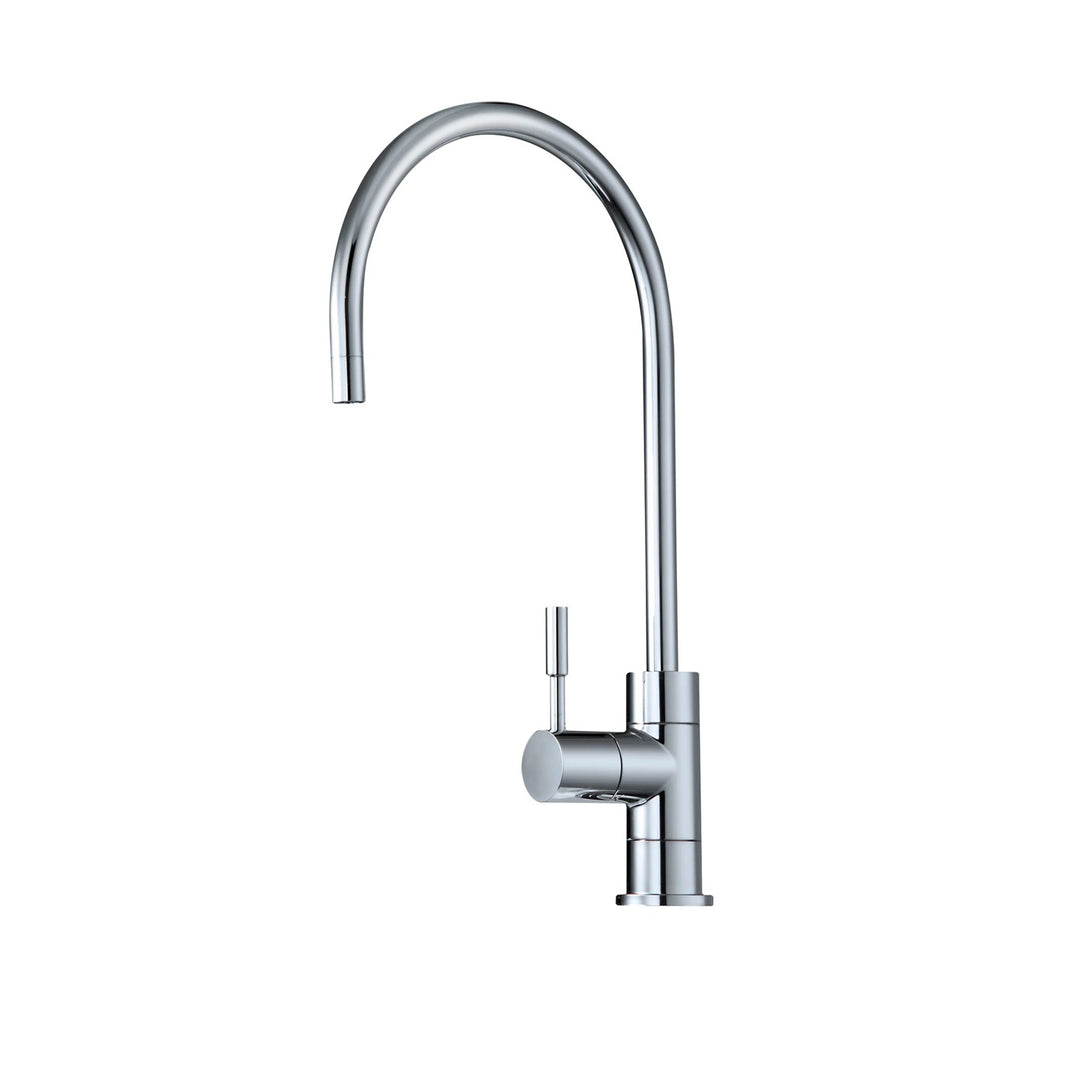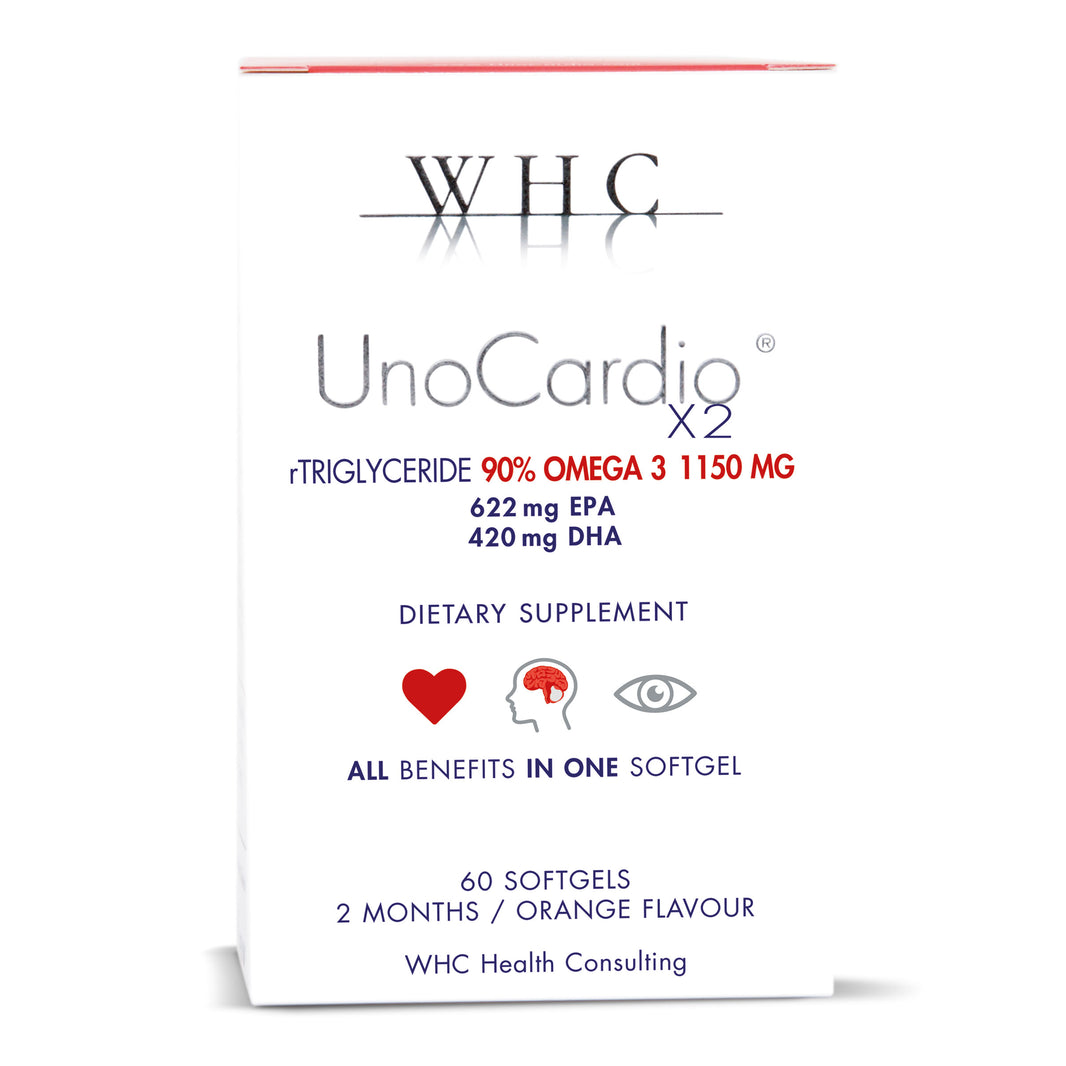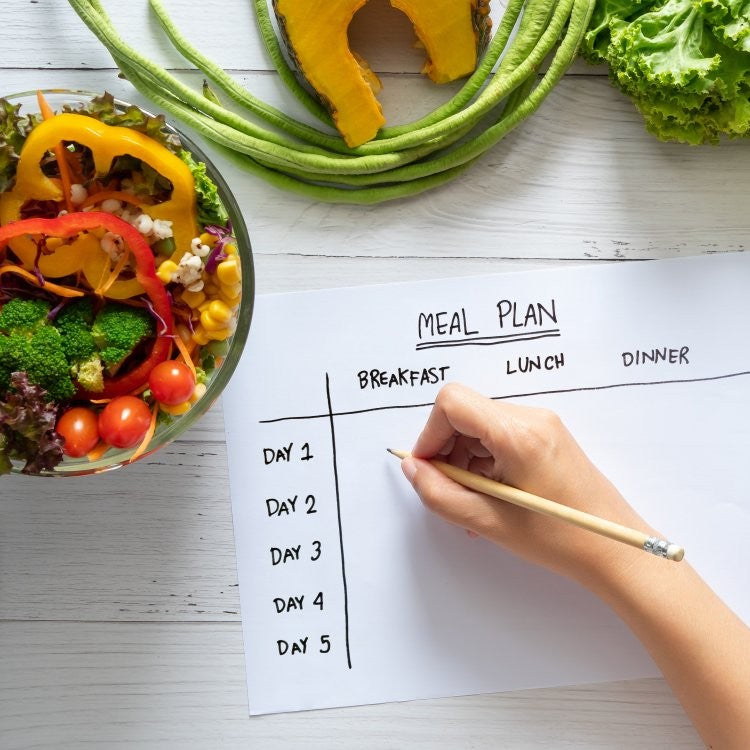In today's fast-paced world, maintaining a balanced diet while staying within a budget can seem daunting, especially for health enthusiasts, budget-conscious families, and meal preppers. However, with a bit of organisation and strategic planning, it is entirely possible to enjoy nutritious meals without breaking the bank. This blog post will guide you through the process of creating a balanced 7-day meal plan that is both affordable and healthy.
The Benefits of Meal Planning
Meal planning offers several advantages that go beyond just saving money:
- Time Savings: Planning your meals in advance can save you a considerable amount of time during the week. Instead of spending time each day deciding what to cook, you can outline your meals for the entire week. This way, you can prepare ingredients or even entire meals in advance, which can be especially helpful on busy weekdays. Additionally, having a meal plan can streamline your grocery shopping, making your trips quicker and more efficient.
- Reduced Food Waste: By planning your meals and making precise shopping lists, you buy only what you need, thereby reducing the amount of food that gets wasted. This not only helps in cutting down on unnecessary expenses but also contributes to a more sustainable lifestyle. When you plan your meals, you can incorporate leftovers into your schedule, ensuring that all food is used efficiently and nothing goes to waste.
- Nutritional Balance: A well-thought-out meal plan ensures that you and your family get a balanced intake of essential nutrients, which is crucial for maintaining good health. By planning your meals, you can ensure that each meal includes a variety of food groups, providing a good mix of proteins, carbohydrates, fats, vitamins, and minerals. This can be particularly beneficial for those with specific dietary needs or health goals, as it allows for better control over dietary intake.
- Financial Savings: Sticking to a meal plan helps you avoid impulse purchases and takeaways, which can add up over time. When you know exactly what you need to buy, you can avoid spending money on unnecessary items. Additionally, meal planning allows you to take advantage of bulk purchasing and discounts, further reducing your grocery expenses. Over time, these savings can become significant, allowing you to allocate funds to other important areas of your life.
By incorporating meal planning into your routine, you can enjoy these benefits and create a more organised, efficient, and healthy lifestyle for you and your family.
Understanding Nutritional Needs

Before diving into meal planning, it's essential to understand the basics of nutritional requirements:
- Macronutrients: These are the nutrients you need in larger quantities, including carbohydrates, proteins, and fats.
- Carbohydrates: They provide the primary source of energy for the body (1). Sources include fruits, vegetables, grains, and legumes. Carbohydrates are broken down into glucose, which fuels your brain and muscles during physical activities.
- Proteins: Essential for growth, repair, and maintenance of tissues (2). They play a crucial role in muscle development and immune function (3). Proteins can be found in meat, dairy, beans, and nuts. They are made up of amino acids, some of which are essential and must be obtained through the diet.
- Fats: Necessary for various bodily functions, including hormone production, nutrient absorption, and brain health (4). Healthy sources include olive oil, avocados, and nuts. Fats can be categorised into unsaturated and saturated fats, with trans fats being the most dangerous to health and the previously mentioned oils only being needed in small quantities.
- Micronutrients: These include vitamins and minerals required in smaller quantities but are crucial for overall health and the proper functioning of the body:
- Vitamin C: Important for the immune system, skin health, and the absorption of iron. Found in citrus fruits, strawberries, and bell peppers (5).
- Calcium: Essential for bone health and muscle function. Sources include dairy products, leafy greens, and fortified plant-based milks (6).
- Iron: Vital for the production of haemoglobin, which carries oxygen in the blood. Found in red meat, beans, and fortified cereals (7).
- Water: Essential for hydration and various bodily functions, including temperature regulation, joint lubrication, and nutrient transport. Aim for at least 8-12 glasses of water per day, but this can vary depending on factors such as activity level, climate, and overall health. Staying adequately hydrated is crucial for maintaining energy levels and overall well-being.
Understanding these nutritional requirements can help you make informed choices when planning meals to ensure a balanced and healthy diet. Experiment also with what makes you feel good when it comes to quantities of water, also food and supplements.
How to Plan Your Meals
Step-by-Step Guide
- Set Your Goals: Determine what you want to achieve with your meal plan. Are you looking to lose weight, gain muscle, or simply ensure a balanced diet?
- Choose Your Recipes: Select recipes that fit your nutritional needs, preferences, and budget. Websites like Budget Bytes and The Kitchn offer a plethora of affordable and healthy recipes.
- Make a Shopping List: Based on your chosen recipes, make a detailed shopping list. Stick to this list to avoid unnecessary purchases.
- Prep in Advance: Spend a few hours on the weekend preparing ingredients or entire meals. This can include chopping vegetables, cooking grains, or marinating meats.
Sample 7-Day Meal Plan
Here is a balanced and budget-friendly 7-day meal plan covering breakfast, lunch, dinner, and snacks:
Day 1
- Breakfast: Oatmeal with nut butter and mashed banana.
- Lunch: Quinoa salad with chickpeas, cucumber, and cherry tomatoes.
- Dinner: Baked chicken thighs with roasted sweet potatoes and steamed broccoli.
- Snack: Apple slices with peanut butter.
Day 2
- Breakfast: Greek yoghurt with mixed berries and sugar-free granola.
- Lunch: Lentil soup with whole-grain bread.
- Dinner: Spaghetti with meatballs in a marinara sauce and a side salad.
- Snack: Carrot sticks with hummus.
Day 3
- Breakfast: Smoothie with spinach, banana, and almond milk.
- Lunch: Turkey and avocado wrap.
- Dinner: Grilled salmon with quinoa and asparagus.
- Snack: Mixed nuts.
Day 4
- Breakfast: Scrambled eggs with spinach and whole-grain toast.
- Lunch: Chicken Caesar salad.
- Dinner: Beef stir-fry with brown rice and mixed vegetables.
- Snack: Greek yoghurt.
Day 5
- Breakfast: Overnight oats with chia seeds and blueberries.
- Lunch: Tuna salad with mixed greens and vinaigrette.
- Dinner: Vegetarian chilli with cornbread.
- Snack: Sliced bell peppers with guacamole.
Day 6
- Breakfast: Smoothie bowl with banana, spinach, and flax seeds.
- Lunch: Quinoa bowl with black beans, corn, and avocado.
- Dinner: Baked cod with mashed cauliflower and green beans.
- Snack: Cottage cheese with pineapple.
Day 7
- Breakfast: Pancakes topped with nut butter and fresh berries.
- Lunch: Caprese salad with mozzarella, tomatoes, and basil.
- Dinner: Stuffed bell peppers with ground turkey and brown rice.
- Snack: Dark chocolate squares.
Tips for Success

- Stay Flexible: Life happens, and sometimes you may need to adjust your meal plan. Keep it flexible and don't stress over minor changes.
- Incorporate Seasonal Produce: Seasonal fruits and vegetables are often cheaper and fresher. Adjust your meal plan to include these items.
- Use Leftovers Creatively: Don't let leftovers go to waste. Use them in other dishes, like turning leftover roasted vegetables into a hearty soup.
Budget-Friendly Shopping List
Here are some affordable, nutritious staples to always have on hand:
- Grains: Rice, quinoa, whole-grain pasta, oats.
- Proteins: Canned beans, lentils, eggs, chicken thighs, ground turkey.
- Vegetables: Carrots, potatoes, spinach, bell peppers, broccoli.
- Fruits: Bananas, apples, berries (frozen if out of season).
- Dairy: Greek yoghurt, cottage cheese, milk.
- Others: Olive oil, peanut butter, canned tomatoes, spices.
Making a 7-Day Meal Plan on a Budget
Creating a balanced 7-day meal plan on a budget is not only possible but also rewarding. By understanding your nutritional needs, planning meals strategically, and shopping wisely, you can enjoy delicious, healthy meals without breaking the bank. Remember, meal planning is a continuous process that offers immense benefits, from saving time and money to improving your overall health. So why wait? Start planning your meals today and take the first step towards a healthier, more budget-friendly lifestyle.
Written by Amy Morris, BSc (Hons) Nutritional Therapy. Amy has been a nutritional therapist for 12 years, specialising in recent years as a functional medicine nutritional therapist. Women’s health, and pre-diabetes and type 2 diabetes prevention are Amy’s specialist areas. Diagnosed with a chronic condition called endometriosis at age 20, this is what motivated Amy to study nutrition. Amy has been in remission for 6 years now, attributing powerful nutrition, lifestyle and bio-identical hormone strategies she now shares with her clients. https://www.greathealthnaturally.co.uk/
Water for Health Ltd began trading in 2007 with the goal of positively affecting the lives of many. We still retain that mission because we believe that proper hydration and nutrition can make a massive difference to people’s health and quality of life. Click here to find out more.
References
- MedlinePlus. “Carbohydrates.” Medlineplus.gov, National Library of Medicine, 2022, medlineplus.gov/carbohydrates.html.
- Kreider, R. B., & Campbell, B. (2009). Protein for exercise and recovery. The Physician and sportsmedicine, 37(2), 13–21. https://doi.org/10.3810/psm.2009.06.1705
- Research, Institute of Medicine (US) Committee on Military Nutrition, et al. The Role of Protein and Amino Acids in Sustaining and Enhancing Performance. Www.ncbi.nlm.nih.gov, National Academies Press (US), 1999, www.ncbi.nlm.nih.gov/books/NBK224683/.
- Meijaard, E., Abrams, J. F., Slavin, J. L., & Sheil, D. (2022). Dietary Fats, Human Nutrition and the Environment: Balance and Sustainability. Frontiers in nutrition, 9, 878644. https://doi.org/10.3389/fnut.2022.878644
- Chambial, S., Dwivedi, S., Shukla, K. K., John, P. J., & Sharma, P. (2013). Vitamin C in disease prevention and cure: an overview. Indian journal of clinical biochemistry : IJCB, 28(4), 314–328. https://doi.org/10.1007/s12291-013-0375-3
- “Calcium.” The Nutrition Source, 19 Oct. 2020, nutritionsource.hsph.harvard.edu/calcium/.
- Abbaspour, N., Hurrell, R., & Kelishadi, R. (2014). Review on iron and its importance for human health. Journal of research in medical sciences : the official journal of Isfahan University of Medical Sciences, 19(2), 164–174.























